TCT Meeting 2023
Advertisement
The THRIVE study seeks to centralize data on recipients of allogeneic hematopoietic cell transplant who have developed cGVHD.
Steroid-dependent acute GVHD was most likely to lead to chronic GVHD. What other relationships were observed?
Increases in α-ketoglutarate, glutamic acid, and kynurenine were observed in patients with chronic GVHD.
Chronic GVHD commonly affects the orofacial cavity, but what are the characteristics and management strategies?
Low-dose interleukin-2 was safe and well-tolerated as a steroid-sparing agent for pediatric cGVHD.
Results of Phase 2 Trial of Palifermin With Tacrolimus, Methotrexate, and Sirolimus GVHD Prophylaxis
Does palifermin affect the cumulative incidence of acute or chronic GVHD when added to standard TMS prophylaxis?Do cytopenias affect the outcome of treatment with ruxolitinib versus best available therapy for steroid-refractory aGVHD?
Continuous intravenous tacrolimus administration can be logistically challenging. Can intermittent dosing work as well?
Is it better to find a matched-unrelated donor or wait for a haploidentical donor for allogeneic HCT?
How does the recipient's immune profile affect outcomes of unrelated-donor allogeneic HCT?
Do outcomes differ when using cryopreserved versus fresh grafts for haploidentical allogeneic hematopoietic cell transplant?
When a prospective donor does not have the mental capacity to provide informed consent, what steps can be taken?
Vascular access events caused most patients to discontinue treatment. Does catheter type affect event frequency?
Can extracorporeal photopheresis treat acute graft-versus-host disease when the disease has become steroid dependent?
Low absolute lymphocyte count was associated with increased risk of acute GVHD and non-relapse mortality.
The highest overall response rate occurred on day 29 for those who received 1.6 mg/kg.
These peptides are the target for CD8+ T cells, but does the total or type matter more?
The accepted belief is that late-onset acute GVHD is less severe, but one study demonstrated the opposite.
The prophylactic trio outperformed historical records of prophylaxis with cyclosporine and methotrexate.
A promising new therapy for haploidentical hematopoietic cell transplant showed no need for the toxic chemotherapeutic.

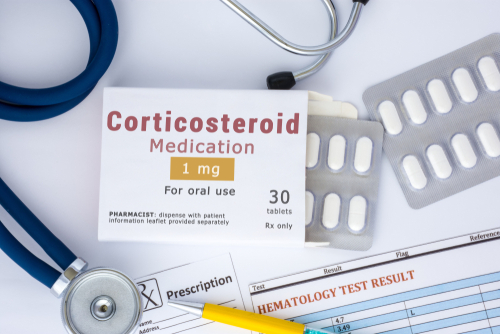


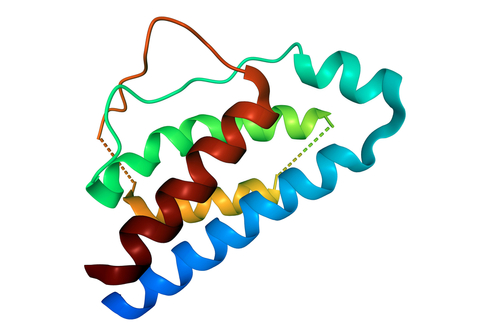

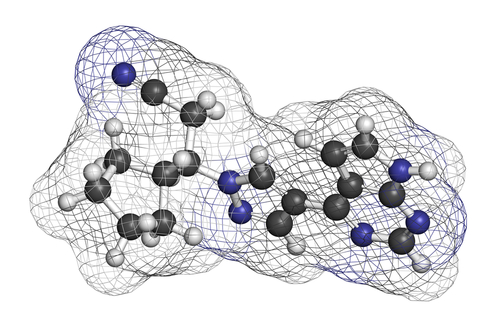
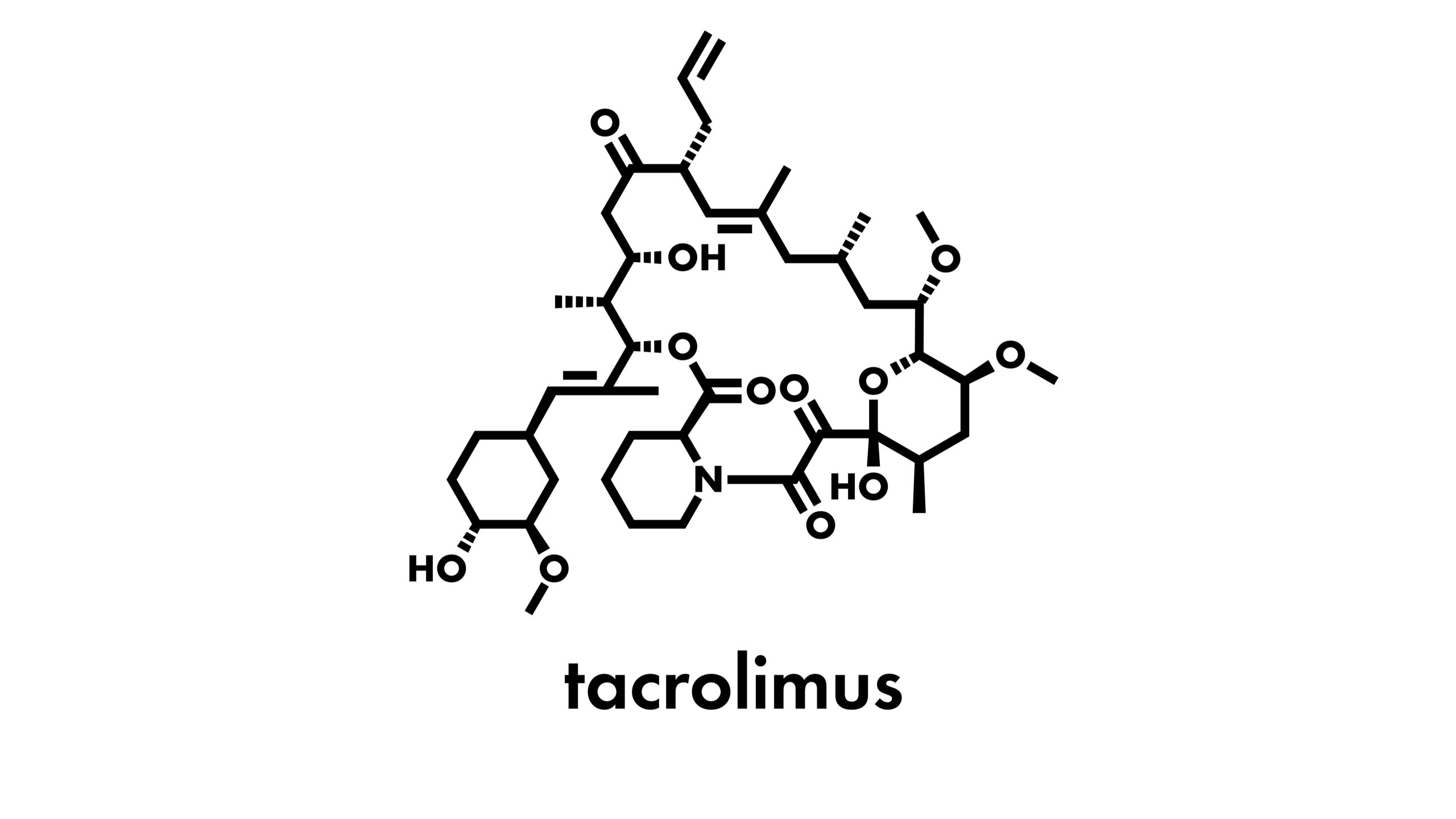
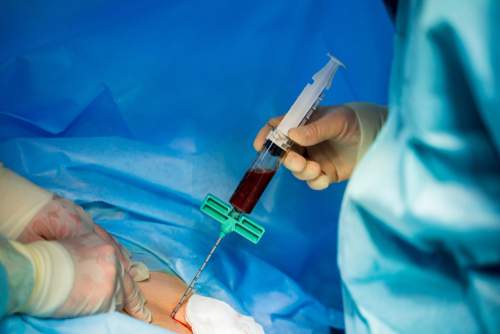
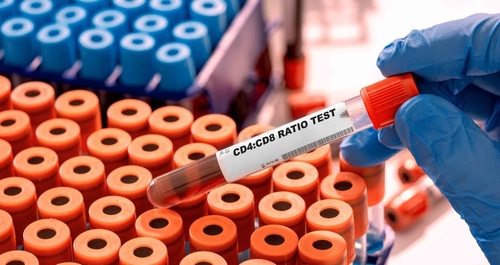
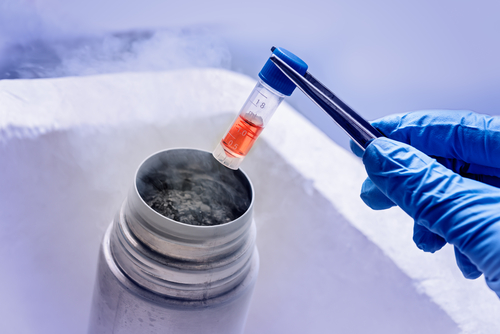

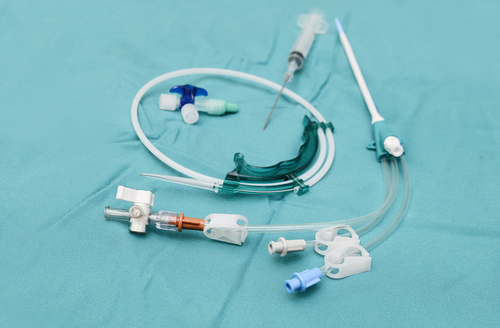
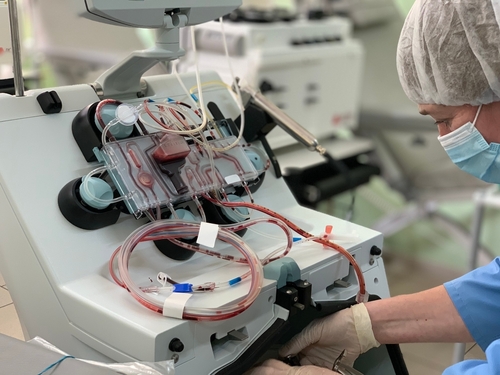
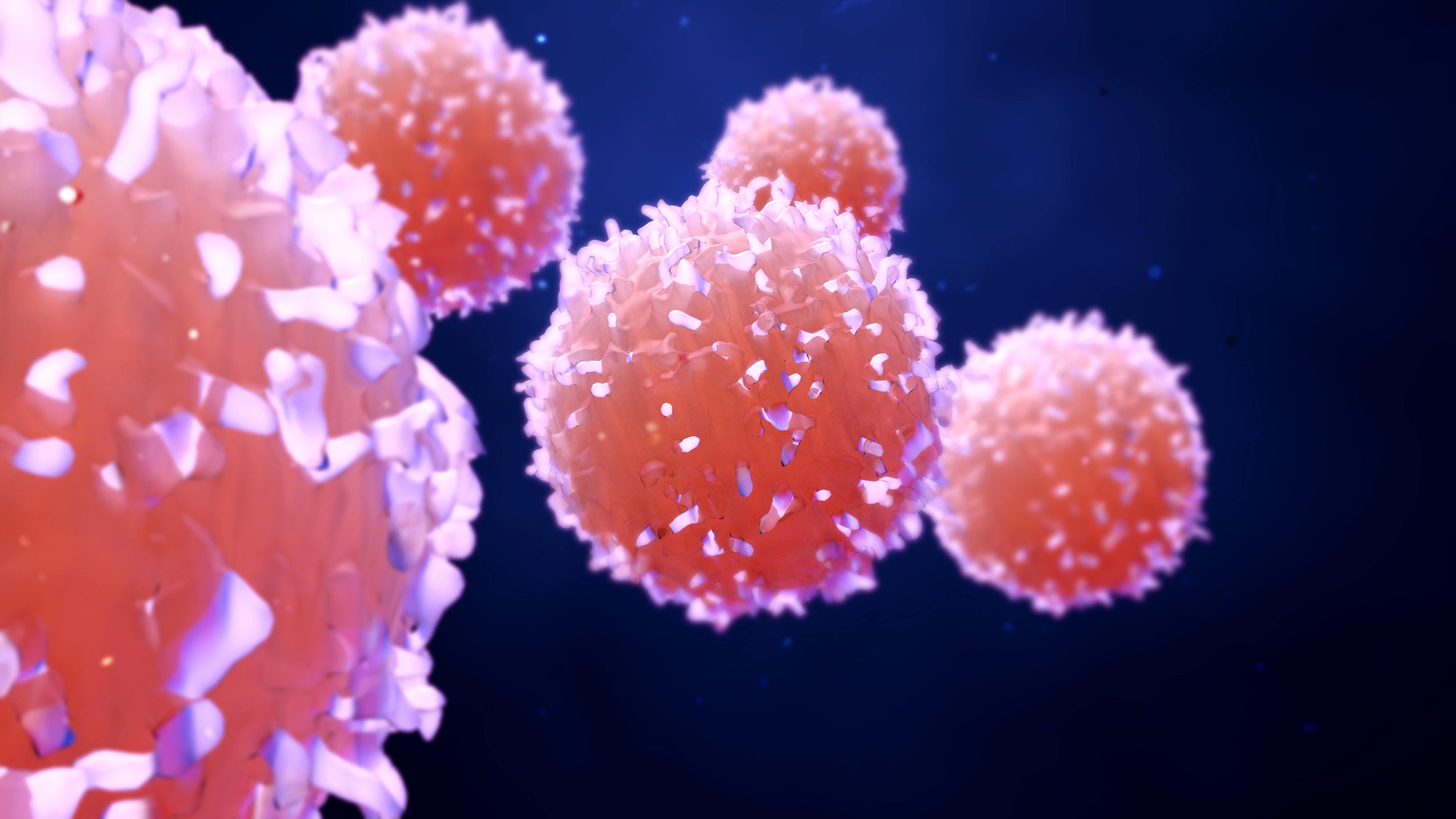

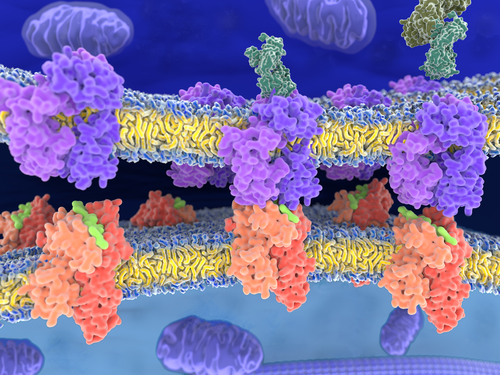


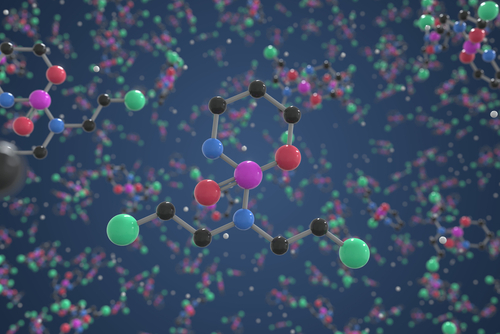

 © 2025 Mashup Media, LLC, a Formedics Property. All Rights Reserved.
© 2025 Mashup Media, LLC, a Formedics Property. All Rights Reserved.